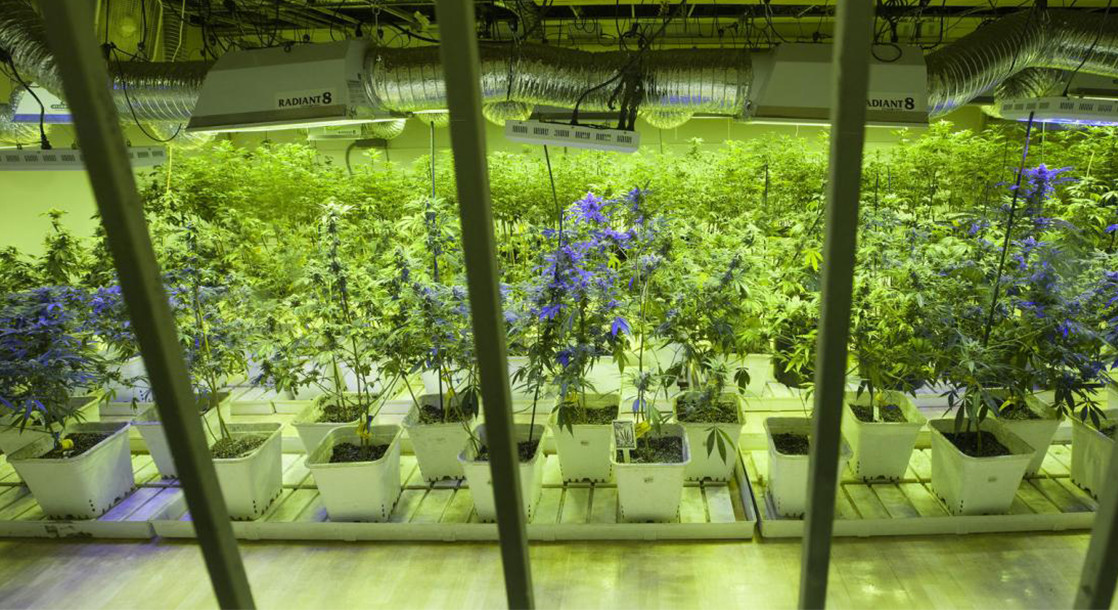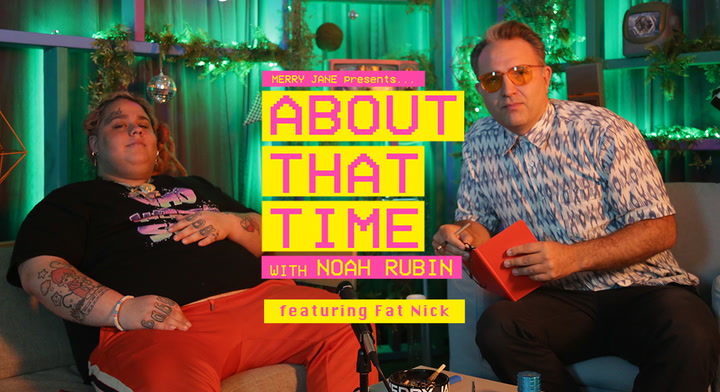As the sweet stench of legal cannabis continues to seep into the mainstream, institutions of higher education have started constructing robust courses around the plant. Aside from fully canna-centric establishments like Oaksterdam University, a number of prestigious colleges and universities, from Harvard University to Ohio State, also offer full-fledged classes on cannabis policy and law.
But few have gone as far as Northern Michigan University, a Marquette-based school that has recently unveiled a four-year medicinal plant chemistry degree focused exclusively on marijuana. The program will cover all the bases of the cannabis industry, including chemistry, biology, botany, horticulture, marketing, and finance. Students will be given a comprehensive crash course on medical pot, learning how to measure and extract the compounds that help treat chronic pain, nausea, seizures, glaucoma, and other illnesses.
According to Mark Paulsen, director of the university’s chemistry department, the first class hosted a dozen students, but he expects that number to blossom over time. The idea for this specialized degree came to associate chemistry professor Brandon Canfield while he was attending an American Chemical Society meeting last year. After 18 months of development, the program is now open to students interested in partaking in this lucrative industry. Still, the average stoner shouldn’t expect these classes to be a walk through the park just because of the subject matter.
“Obviously, the program is new and different and it might speak to a certain crowd. But for a student to succeed, they’re going to have to be very dedicated and motivated. This is not an easy program. It’s a really intense, biology chemistry program,” Canfield said.
For the moment, the Northern Michigan University students will be unable to grow marijuana plants in the program, but will utilize other medicinal plants to obtain adequate knowledge. The state is currently implementing regulations for its medical system, while advocates are now vying to get recreational legalization on the 2018 ballot. In the meantime, the school plans to work closely with cultivators, dispensaries, and other businesses that could offer internships and hands-on experience.











